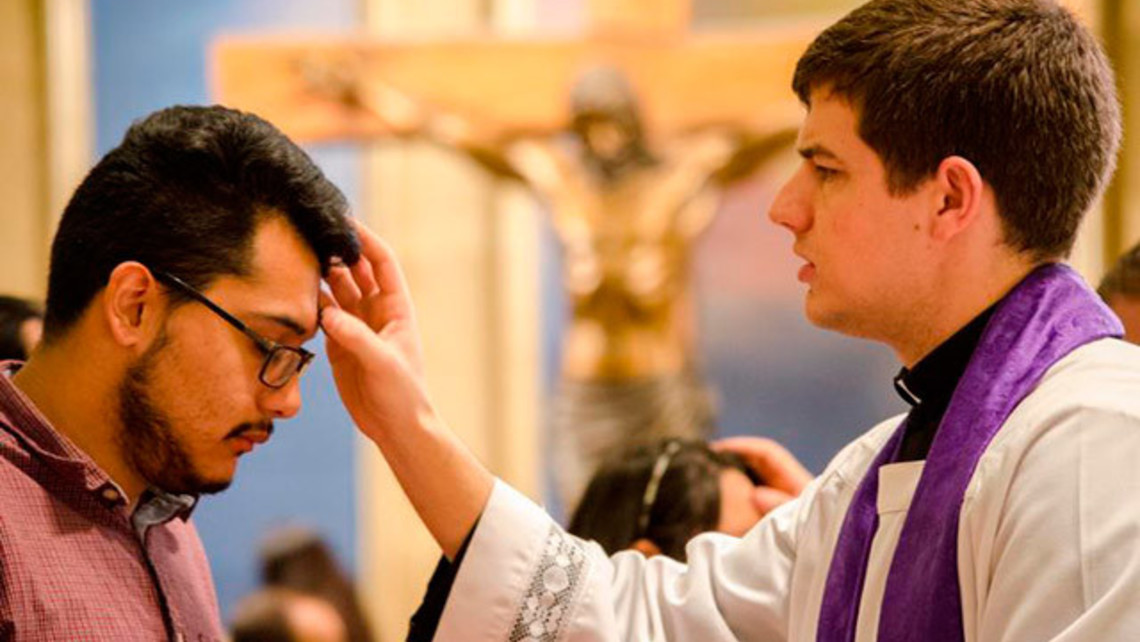
This article is the second segment in a three part article (for part one, see: Fasting: A Foundational Course in the School of Freedom – Part I)
The Christian school of fasting serves a two-fold meaning. Fasting is a pathway to freedom because it is an important aspect of self-mastery. Self-mastery is a necessity for every human person because of the Fall. We no longer live in the state in which we were created; the Bible says tells us this in the imagery of living East of Eden. Human beings are a composite of body and soul, matter and spirit. We comprise one seamless nature, but with two aspects. What happens to the body happens to the soul and vice versa.
But there is a hierarchy, the material is good and necessary but it serves the higher aspect of our unified nature, the spiritual aspect. It is in the spiritual aspect of our nature that we have the faculties that permit love: the intellect allows us to know the other and the will allows us to freely give ourselves to them for their perfection, to love them. To love, we must have authentic freedom. We must be freed from the tyranny of our appetites and emotions. We must be able to say no to ourselves if we are to say yes to God and to the good of others.
The material aspect of human nature is the ground in which sensible appetites reside. As good and necessary as these appetites are, they present us with a problem here outside of Eden. They are made to be integrated within the human person; that is, they are made to be subordinated to the spiritual faculties. They are made to obey reason, but this subordination (our personal integration) was intended to be maintained by initial grace.
In the fall, we lost communion with God and so we lost access to this initial grace. The result is that we became disintegrated, our appetites and emotions no longer easily obey our reason and reason is the only faculty that can discern between authentic and apparent goods. The tradition calls this lack of integration, this disobedience on the part of the appetites and emotions, concupiscence. Self-mastery has become a task; it is nothing more than the moral ability to say no to ourselves so that we may say yes to God; that is, self-mastery frees us from our sinful inclinations and permits us to love God and neighbor in the way in which we were created; how we want to… to love with an heroic love.
Fasting is the surest path to self-mastery; however, it must be done rightly. In fasting we must avoid the mistake of telling ourselves that the goods we are giving up are evil (even if we sometimes use these good things in an evil way). We give up good things because we wish to claim our freedom from our concupiscent desires. We wish to join St. Paul in his approach to self-mastery by pommeling our bodies for the sake of the highest prize, the imperishable wreath of communion with Jesus Christ (see 1 Cor 9:24-27).
Yet, when we are in Christ, suffering has another meaning. We will discuss this in the third and final segment of this article.




